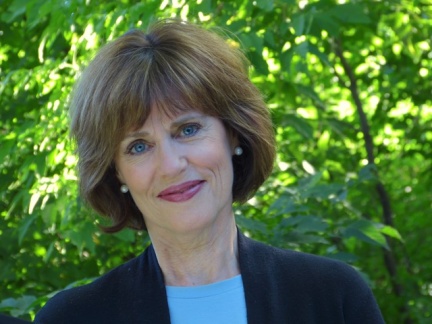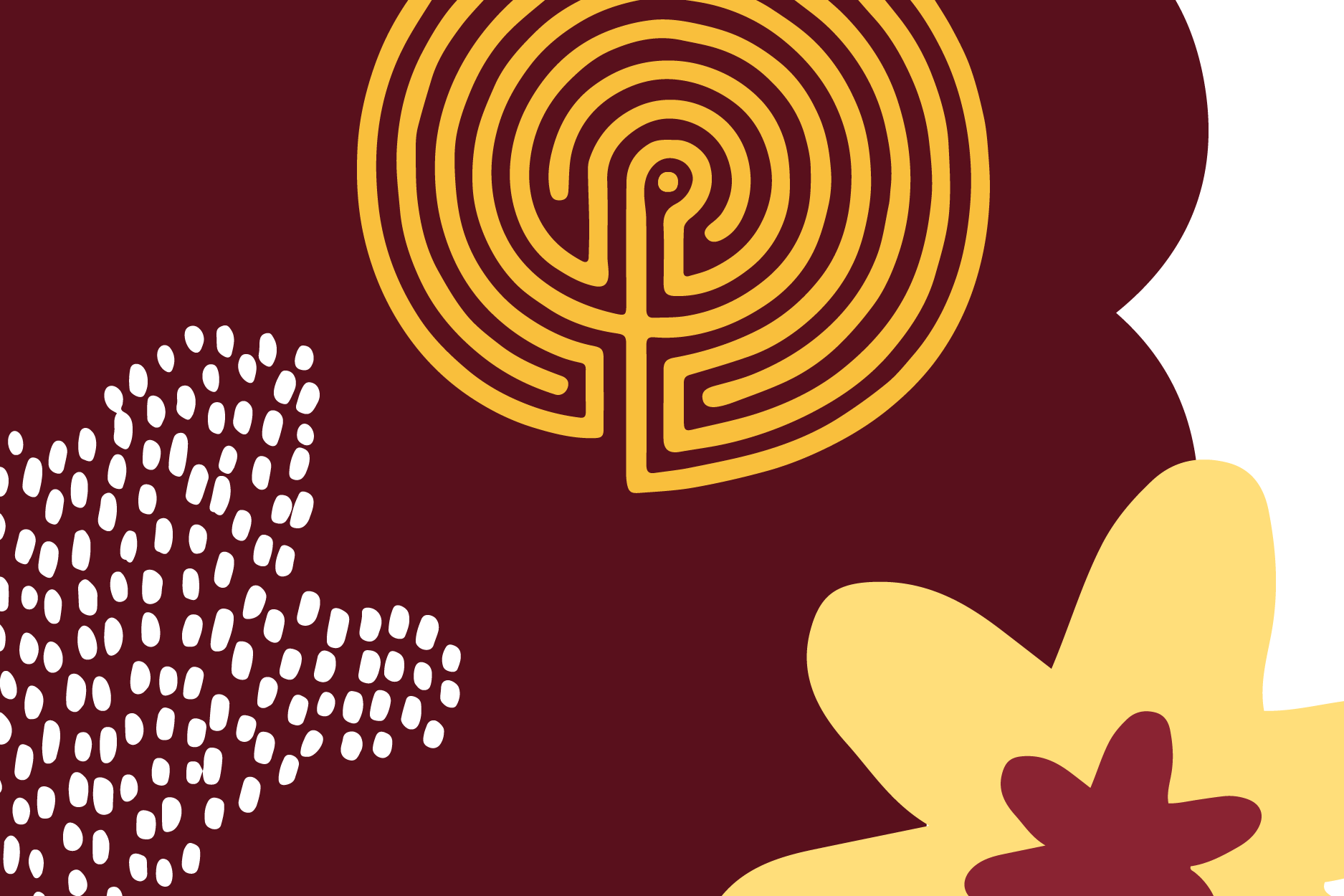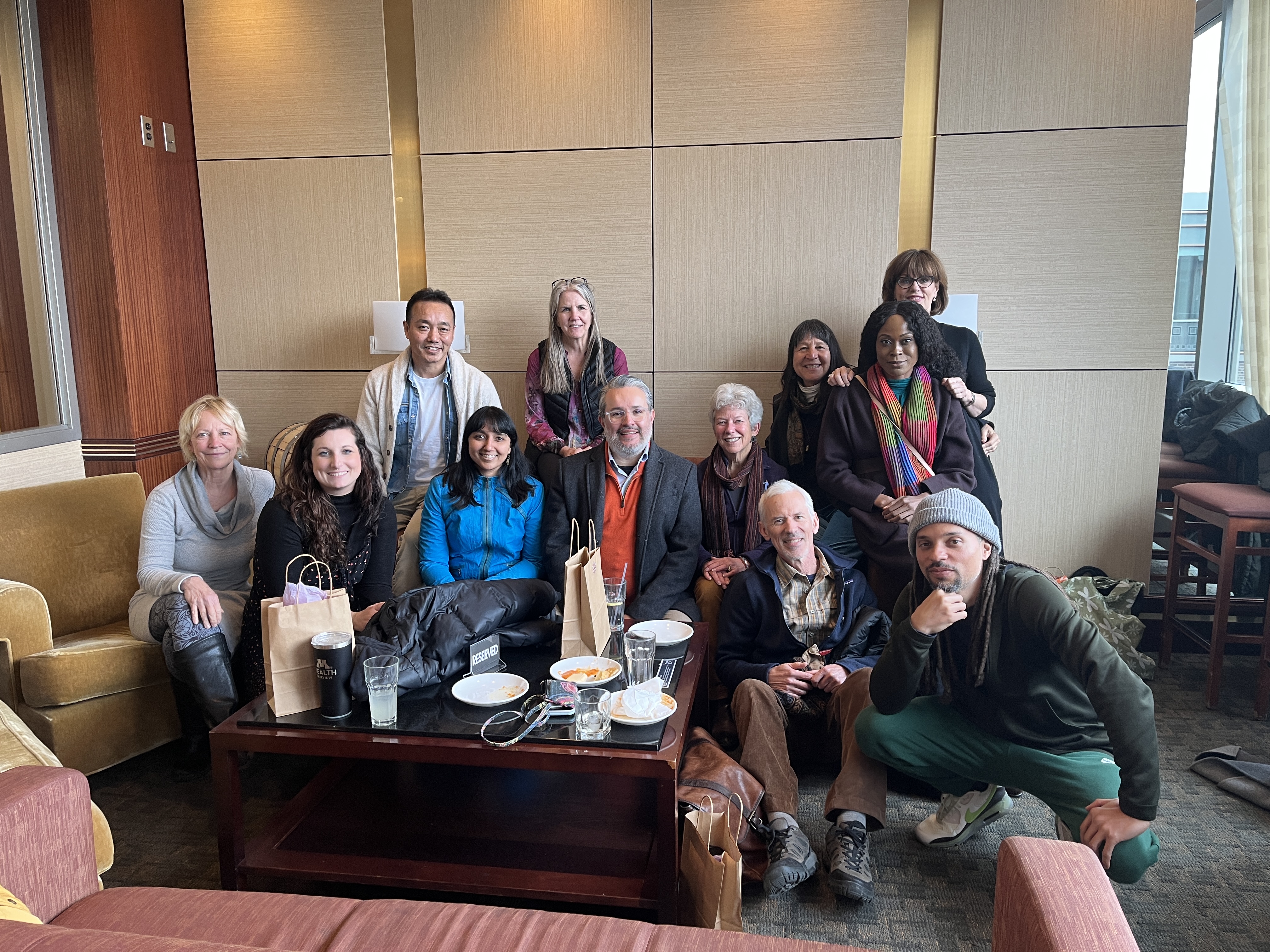CSH Mindfulness Newsletter Mindful Self Leadership: Leadership for our Times
Mindful Self-Leadership – “Leadership” broadly defined. Newsletter to help promote the October Carlson event.
September 1, 2020
Mariann Johnson
Every one of us is a leader. We are called to be of service to others as parents, employees, community or business leaders, partners and friends. Daily, in countless ways that often go untallied and unnoticed, we help to guide, inspire and encourage intentional actions in the lives of those we care about – at work, at home and in our larger communities.
When we choose to lead by being of service, we are motivated by a clear set of principles, including caring for the wellbeing of others. Our daily actions are rooted in a desire to positively impact, change or help to transform the lives of those we serve. On a deeper level, perhaps we understand that our daily actions reflect an inherent respect for our interconnectedness as human beings. We aspire to lead by a worldview so clearly described by Dr. Martin Luther King Jr., “Whatever affects one directly, affects all indirectly. I can never be what I ought to be until you are what you ought to be. This is the interrelated structure of reality.”
Mindful leadership is not without its challenges, of course; we are only human and we all have our off days – and especially these days, the weight of our daily stressors and uncertainty about the future can take its toll. Some days, our leadership may feel more expired rather than inspired. We may slip into the easiest course of action rather than those determined by closely held values and principles. We’ve all been there, had those days. And, we all know this kind of leadership is unsustainable – at work, at home or in our communities. At its best, it leads to mediocrity and at its worst, to regrettable consequences.
At its core, mindful leadership requires self-leadership: the ability to daily nurture, replenish and care for ourselves. We are called upon to wisely monitor and fill our “personal wells,” to ensure our own wellbeing and resilience, so that we may in turn be of service to others.
Mindful Self-Leadership Tips:
1) Develop, Sustain or Maintain a Daily Mindfulness or Other Contemplative Practice. Mindful self-leadership allows us to lead by living our mindfulness practice out loud, as best we can, every day. We intentionally choose to cultivate our capacity for mindful awareness so that we may bring enhanced focus, clarity and compassion to our leadership roles. Ten to 30-minutes a day of mindfulness meditation or other quiet, contemplative practices may help to reduce stress, regulate our emotions and enhance our brain’s executive functioning - broadening our perspective and enabling us to make wiser decisions. Trudy Goodman, Ph.D, a well-known American mindfulness teacher, recently referred to a mindfulness practice as, “An Inner Trust Fund” - allowing us to ground and steady ourselves in a powerful source of trust, regardless of our life circumstances.
To help support your daily practice, sample some the Center’s guided mindful meditations.
2) Remember Your Personal Wellbeing and Resilience Essentials. Difficulty sleeping? Put on a few extra COVID pounds? Maybe a bit too hyper-focused on the news? Many of us need to periodically assess our personal wellbeing and find new footing. Mindful self-leadership calls us back to the basics, the cornerstones of resilience and healthy physical, mental and emotional wellbeing: getting enough sleep; eating healthy foods; exercising; doing what we can to reduce our stress, and connecting with others in meaningful and nourishing ways. For each of us, what we need to fill our “personal wells” of resilience and wellbeing will be different, but feeling whole – physically, mentally, emotionally and spiritually - is an essential ingredient of effective leadership. The Center’s Taking Charge of Your Health & Wellbeing website has an array of free resources and online tools to support your ongoing wellbeing and resilience journey, including our six-faceted Wellbeing Model and personal assessment tool.
3) Leading and Learning Outside Your Comfort Zone: Practice “Integrative Awareness.” Leadership expert McKinsey & Company suggests practicing “integrative awareness” to expand your ability to stay calm, optimistic and less reactive when experiencing challenging times and daily stressors. Throughout your day, when you notice you are feeling distracted, stressed or overwhelmed, take a breath and give yourself a moment to mindfully tune in. Become aware of what you are taking in from the world around you and how you are responding to that stimulus in the moment - internally, emotionally and physically. Although we all receive constant input - internally and externally - we can be unaware of it in its presence or its impact on us because of our personal conditioning, life experiences, biases, etc. Neuroscientists tell us we have an innate ability for both “exteroception” (sensitivity to stimuli originating outside of the body) and “interoception” (sensitivity to stimuli originating inside the body). Practicing integrative awareness allows us to mindfully pause and avoid overreacting to challenges or jumping to conclusions. We are able recognize and more compassionately address our internal discomfort and to reframe our experience. Over time, we learn to trust our intuition, our inner knowing. We learn to shift from viewing stressors and challenges as roadblocks to seeing them as problems to be solved - as circumstances that can lead to life-long learning and growth. To help develop your capacity for integrative awareness, practice S.T.O.P.



